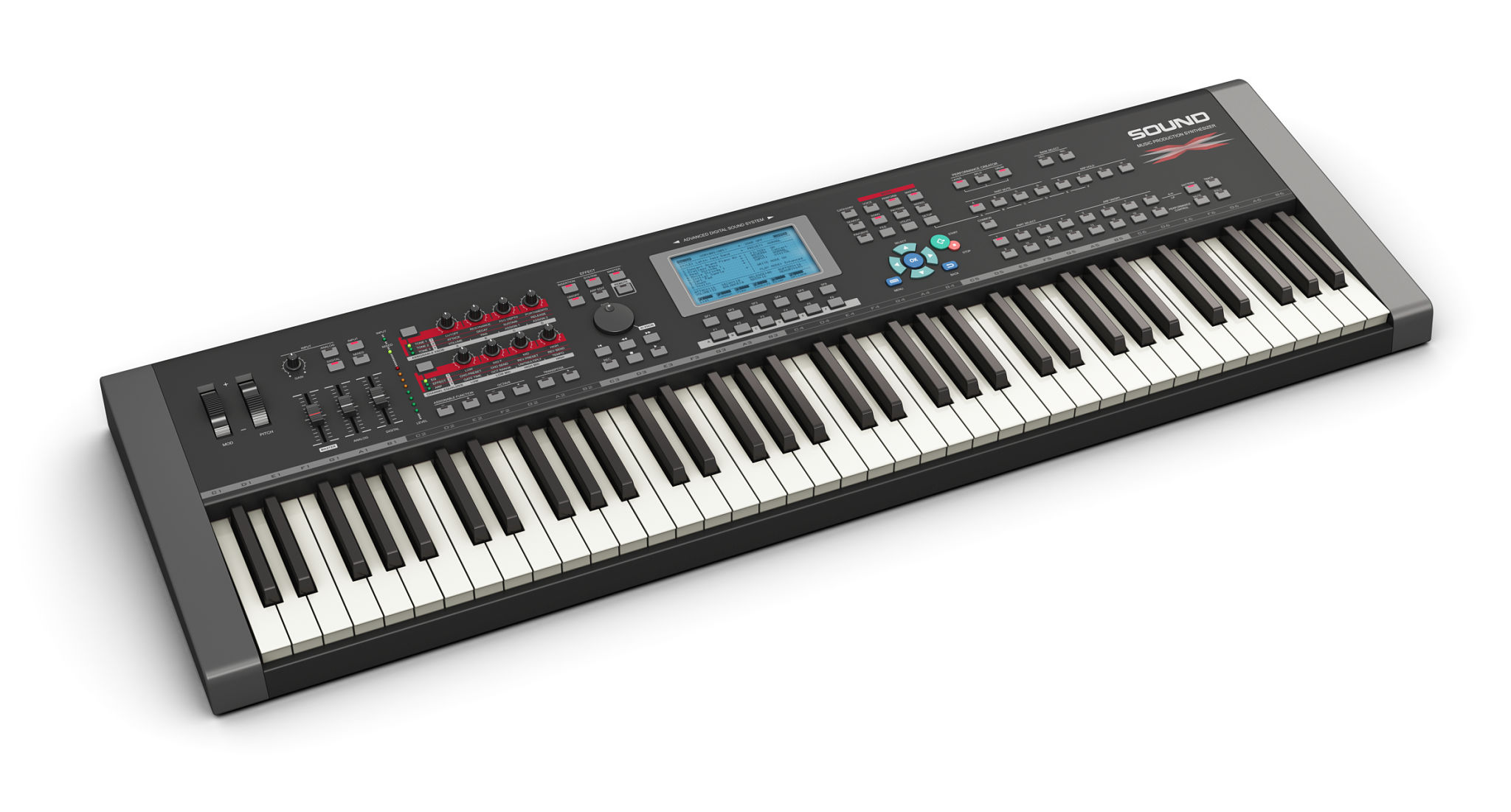Debunking Myths About African Electronic Music: What You Didn't Know
Introduction to African Electronic Music
When most people think about African music, traditional drums and folk tunes might come to mind. However, the continent is also home to a vibrant and rapidly growing electronic music scene that is rich in diversity and innovation. Despite its rise in popularity, African electronic music is often misunderstood. This blog post aims to debunk some common myths and shed light on what you didn't know about this exciting genre.

Myth 1: African Electronic Music is a Recent Phenomenon
One of the biggest misconceptions is that African electronic music is a new trend. In reality, the roots of electronic music in Africa date back several decades. During the 1970s and 1980s, artists in countries like South Africa and Nigeria began experimenting with electronic sounds, blending traditional rhythms with modern technology. This fusion laid the groundwork for today's thriving scene.
Historical Influences
The early pioneers of African electronic music were influenced by a variety of genres, including disco, funk, and reggae. These influences helped shape the unique sound that has become synonymous with African electronic music today.

Myth 2: African Electronic Music Lacks Diversity
Another common myth is that African electronic music lacks diversity. This couldn't be further from the truth. The continent is home to a wide range of styles, each with its own distinct flavor and cultural significance. From the high-energy beats of South African Gqom to the melodic sounds of North African Rai, there is something for everyone.
Regional Variations
Each region in Africa brings its own unique twist to electronic music. In East Africa, for example, artists often incorporate traditional instruments like the nyatiti and benga into their tracks. Meanwhile, West African producers may draw inspiration from Afrobeat and Highlife to create new sounds.

Myth 3: There's No International Appeal
Many people believe that African electronic music doesn't have international appeal. However, this genre has gained significant recognition on the global stage. Artists like Black Coffee and DJ Lag have performed at major festivals worldwide, showcasing the rich talent and creativity coming out of Africa.
Global Collaborations
Collaborations with international artists have also helped to elevate African electronic music. Producers from Africa have worked with well-known names in the industry to create tracks that resonate with audiences across continents.

The Future of African Electronic Music
Looking ahead, the future of African electronic music is incredibly bright. With advancements in technology and increased access to digital platforms, more artists are emerging and gaining recognition for their work. This genre is not only redefining how the world perceives African music but also inspiring a new generation of musicians.
In conclusion, African electronic music is a dynamic and evolving genre that defies stereotypes and challenges misconceptions. By acknowledging its rich history, diversity, and global reach, we can better appreciate the contributions it makes to the world of music.